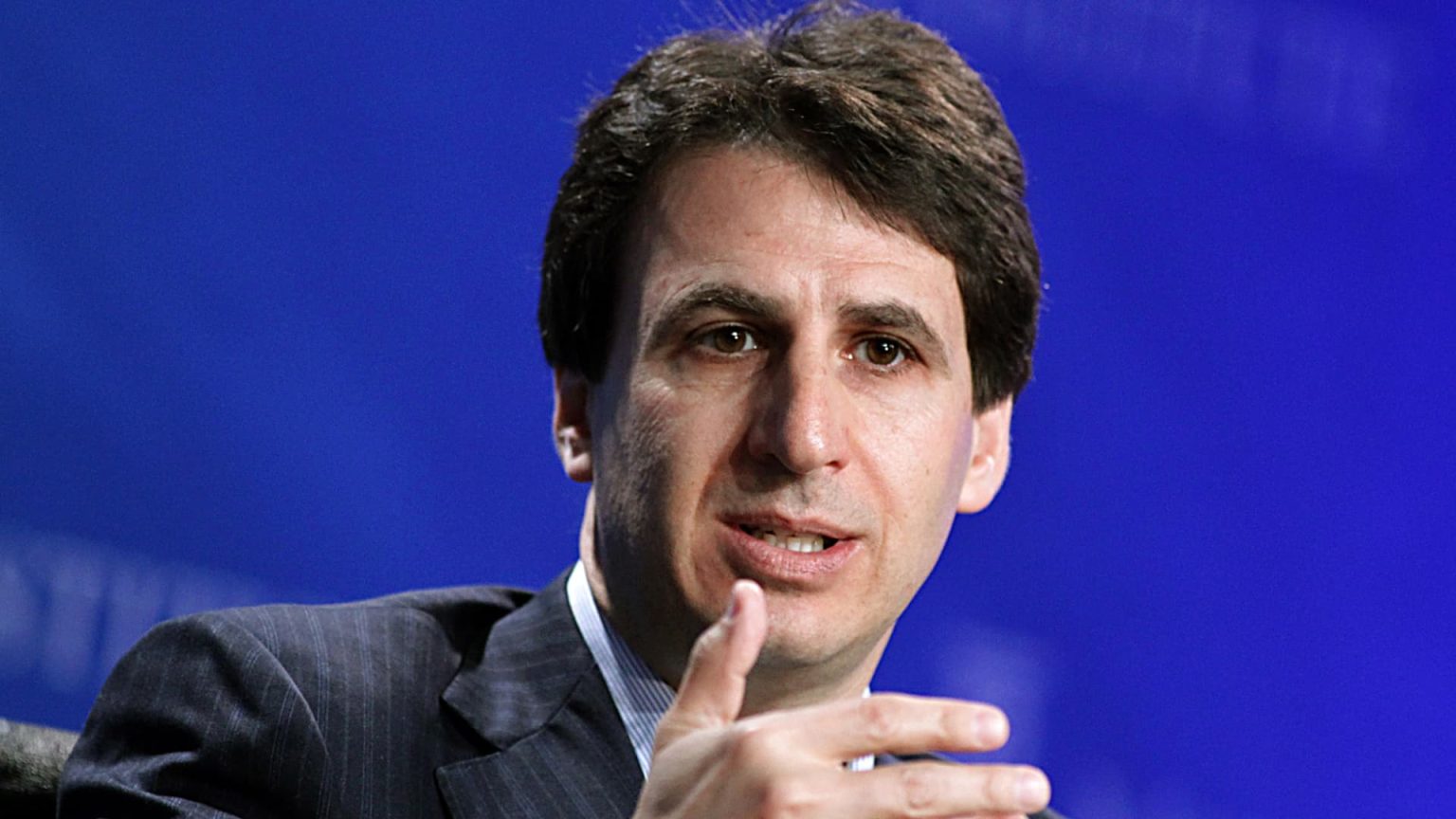The U.S. stock market has been lagging behind its global counterparts this year, experiencing only a modest increase amid a surge in international markets. Despite this underperformance, Marc Rowan, CEO of Apollo Global, asserts that American exceptionalism remains intact, driven notably by the robust technology sector. During a recent investment conference, Rowan outlined the dynamics that continue to attract institutional investors to the U.S., citing both challenges and the unique advantages that still make the market appealing.
| Article Subheadings |
|---|
| 1) Overview of U.S. Stock Market Position |
| 2) Comparative Performance of Global Markets |
| 3) Insights from Marc Rowan on American Exceptionalism |
| 4) Tech Sector’s Influence on Market Perception |
| 5) Future Outlook for U.S. Investors |
Overview of U.S. Stock Market Position
The U.S. stock market has recently faced challenges, with the S&P 500 index indicating only a slight increase of over 4% for the year 2025. While this figure appears modest, it reflects a broader trend of investors allocating resources away from U.S. equities toward burgeoning overseas markets. Marc Rowan emphasizes that the American market is not as unattractive as it may seem, stressing that institutional investment interest persists due to multiple factors, primarily the performance of the tech sector.
Comparative Performance of Global Markets
Internationally, markets are exhibiting a more vibrant growth pattern as indicated by various indices. For instance, the iShares MSCI ACWI ex U.S. ETF has impressively surged nearly 17% year to date, while specific foreign exchanges have reported even higher gains. German stocks are up more than 30%, reflecting robust corporate performance and investor sentiment in that economy. Similarly, stocks in China have seen an uptick of over 18%. This divergence in performance raises questions about future investment allocations, particularly among institutional investors.
Insights from Marc Rowan on American Exceptionalism
During the Morningstar Investment Conference in Chicago, Marc Rowan articulated a viewpoint suggesting that America is transitioning from a state of “hyper exceptionalism” to “merely exceptional.” He spotlighted the concentration of the S&P 500 index, where ten specific stocks have come to represent a significant portion of the overall market capitalization. He remarked,
“Ten stocks became 40% of the S&P; those 10 stocks were at a 60 P/E at one point.”
This market dynamic illustrates the astonishing performance of a few key players, yet raises concerns about the potential for diversification among broader market participants.
Tech Sector’s Influence on Market Perception
The technology sector continues to play a pivotal role in attracting investment, with substantial contributions to overall gains in the S&P 500. Recent figures indicate a 21% increase in the information technology sector and a 15% increase in communication services. Specifically, the semiconductor sector is capturing investor attention, with the VanEck Semiconductor ETF surging more than 30% alone. Underlining this observation, Rowan remarked on the compelling position of tech investments, stating,
“You look at the world; the world has three big investment blocks. You can invest in China, you can invest in Europe. You can invest here.”
He clearly signaled a preference for investing in the U.S., emphasizing the advantages that it still holds.
Future Outlook for U.S. Investors
Looking ahead, the outlook for U.S. investors remains nuanced. Although the signs indicate that money will flow toward Europe and China due to their compelling performance, the American market retains its appeal for long-term institutional investors. Rowan reinforced this perspective, reiterating that the U.S. remains the “cleanest dirty shirt” in the investment world—an assertion that hints at the overall resilience of the American economy despite its current shortcomings. As investors navigate through geopolitical uncertainties and a fluctuating fiscal landscape, they must carefully assess whether locking in their investments domestically or reallocating to international markets is the more prudent path.
| No. | Key Points |
|---|---|
| 1 | The U.S. stock market has seen a modest growth of over 4% in 2025. |
| 2 | International markets, particularly European and Chinese stocks, have significantly outperformed U.S. equities this year. |
| 3 | Marc Rowan argues American exceptionalism is still relevant, supported by the technology sector’s performance. |
| 4 | The tech sector, especially semiconductors, has attracted meaningful investment, contributing to overall market gains. |
| 5 | Despite challenges, the U.S. remains attractive to long-term institutional investors. |
Summary
In conclusion, while the U.S. stock market is currently underperforming compared to its international counterparts, it still retains key strengths that can appeal to investors. The insights from Marc Rowan highlight a transition in market perception, underscoring the critical role of the tech sector. As global economic dynamics shift, investors must weigh their options judiciously, balancing the merits of international investments against American equities, which still provide significant opportunities.
Frequently Asked Questions
Question: Why is the U.S. stock market underperforming this year?
The U.S. stock market is experiencing only modest growth due to investors diversifying their portfolios toward more rapidly appreciating international markets, particularly in Europe and Asia, where stocks have shown significantly higher returns.
Question: What role does the technology sector play in the U.S. market?
The technology sector is pivotal for U.S. market performance, with major stocks within this sector significantly affecting overall market indices, contributing to investor interest and driving gains.
Question: What does Marc Rowan mean by “cleanest dirty shirt”?
By saying the U.S. is the “cleanest dirty shirt,” Marc Rowan refers to the idea that while the American market has its issues, it is still preferred over less stable investment options available in Europe and China, indicating its relative safety and reliability.


